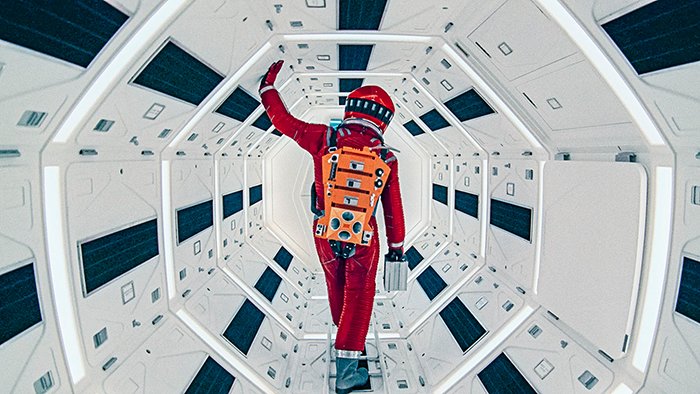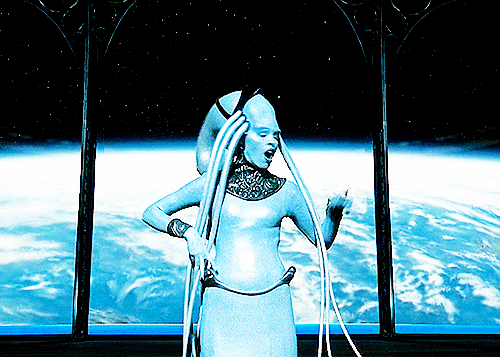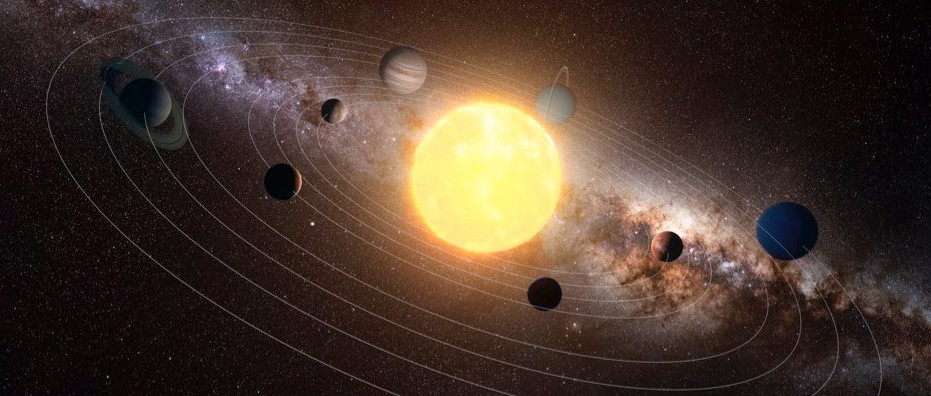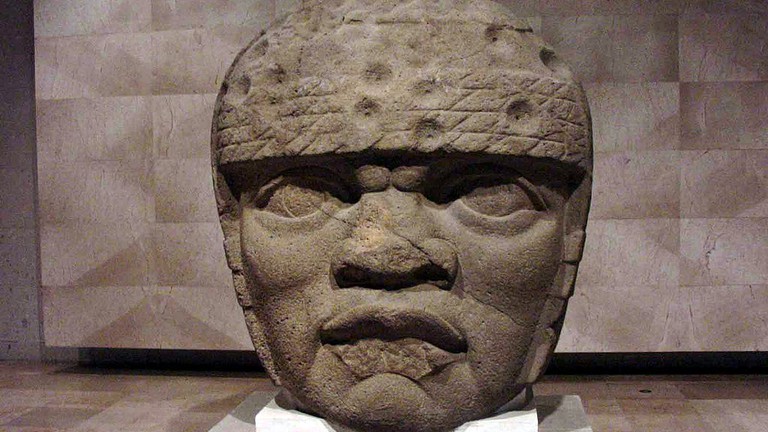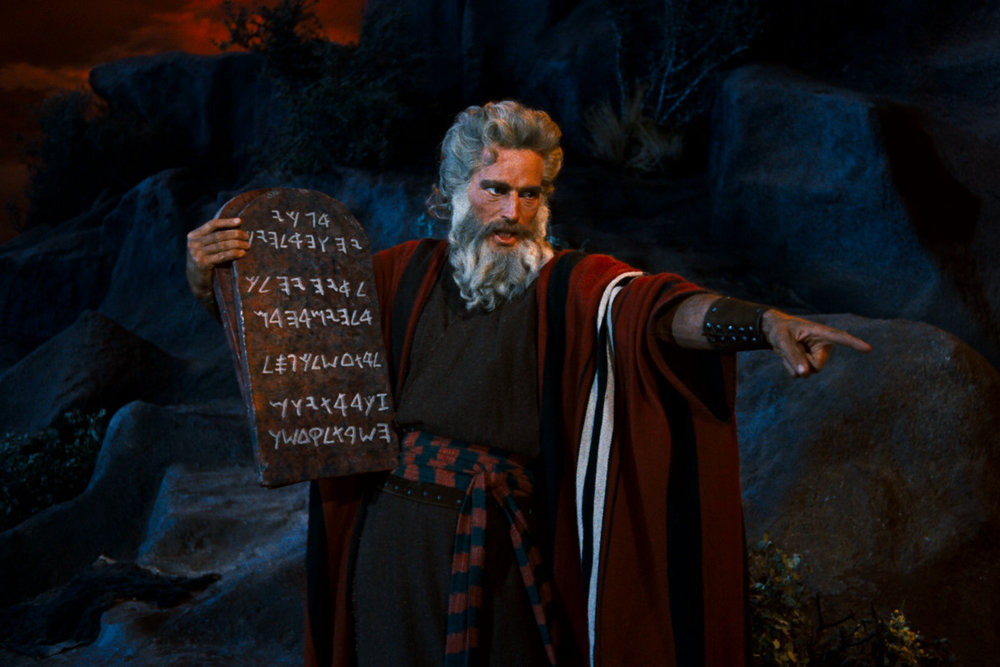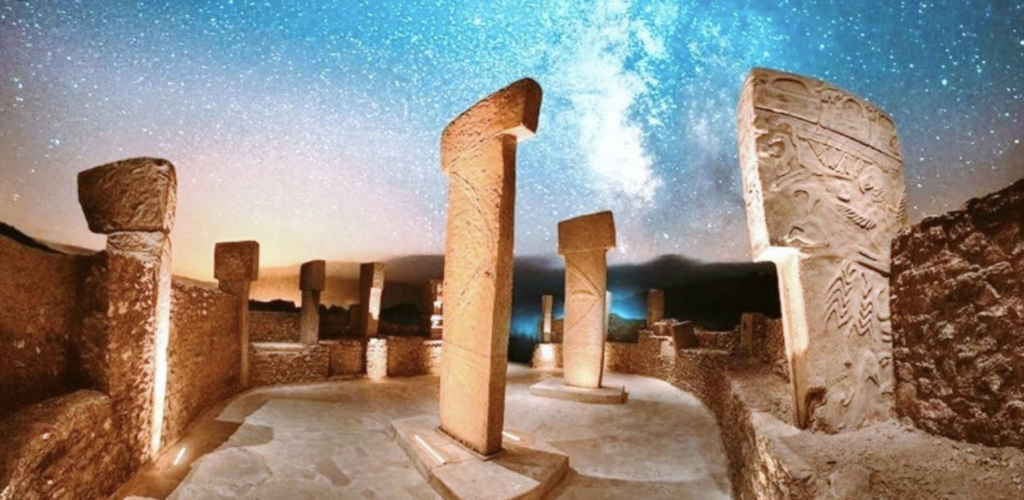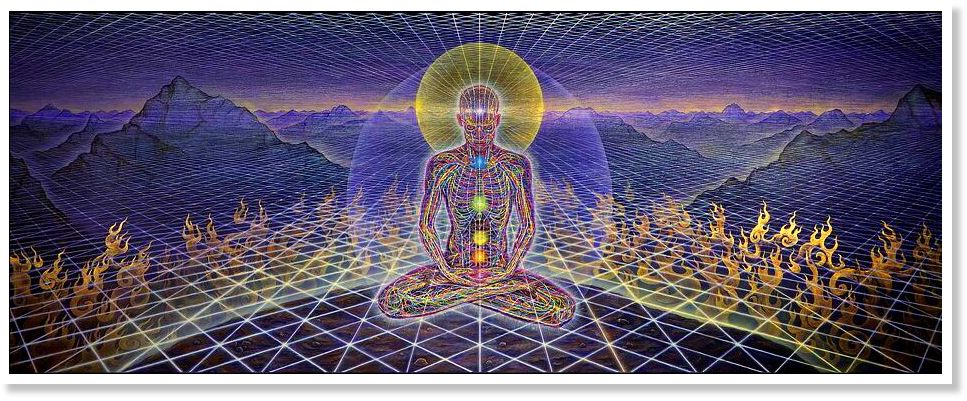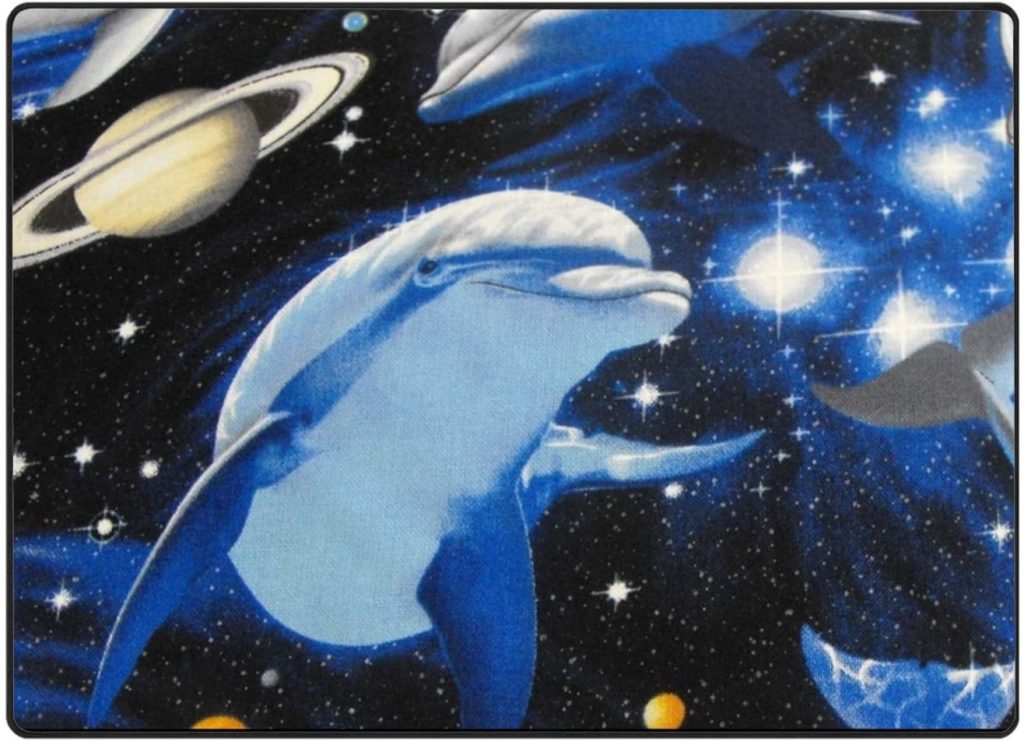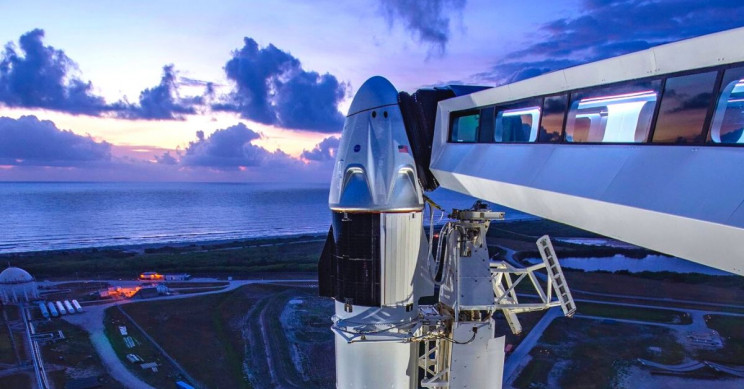
In my last post I talked about the good that comes with the bad of the messy transition time we’re in. In summary, there’s a lot to look forward to in the future but first, we have to get through this chaotic period together.
I left out a number of pillars that will help create a new golden age on the planet this decade. The largest of them is a renewed focus on Outer Space.
We’ve entered a new space race.
The USA plans to be back on the moon within four years and then to Mars by the end of the decade. In the meantime, many developed nations are sending landers and catching up in the sizeable lead time since the late 60’s where the western world showed what a handful of well funded bright minds could accomplish.
This time we have private companies inside nations bids to launch their own space technologies as well as countries like India and China sending robotic landers to the moon.
You will recognize many names of well-known billionaires; SpaceX led by Elon Musk, Blue Origin , from Jeff Bezos, Virgin Galactic , Sir Richard Branson’s , and Bigelow Aerospace , led by Robert Bigelow, all willing to risk large sums of capital to kickstart the new space age.
There are also some well-funded startups like Spinlaunch and smaller indie companies like BPS.Space and of course the usual set of military-industrial complex companies like Boeing and Lockheed Martin et al.
This massive effort is the beginning of the democratization of space technology as the increased competition drives prices lower and space flight approaches accessibility for very wealthy parts of the public right now.
In only a couple of decades, the middle class and average working people will be able to go on a trip to outer space, and there may be space-based hotels sooner than you think.
Boots on the ground.
Our kid’s generation will be the first one to have viable jobs off-planet. Elon wants to shuttle millions to Mars by 2050 providing new jobs and land, almost like settlers moving west for parcels of land in the early 1800s.
Already we’re able to scan more of the galaxy around us and peer more closely into them. We’re sending probes and taking samples, and preparing to mine asteroids for scarce resources.
These will change life on earth for the better – look at what happened when we discovered how to mine aluminium efficiently, it changed the economic viability of aluminium ( the foil you throw out at bbq’s used to be worth more than gold) and enabled all kinds of new technologies from cooking to air travel.
Our grandkids might travel about the stars, doing commerce, trading experiences and exchange of culture and foods. One of them could become the next intergalactic Anthony Bourdain.
But first, landing on the moon again is dipping our toe in the shallow end of the pool of space exploration, and as we slowly wade back into the cosmos we will expand our consciousness as a by-product of acknowledging the sheer amount of “space” around us and our humble place in all of it. Astronauts have already described this feeling and the perspective shift that comes with it.
We’re all in it together
The fact that ‘race’, colour or ethnicity appears to remain an issue in 2020 is troubling.
I’m bi-racial, darker in skin tone (eumelaninated) and have experienced racism first hand in numerous provinces and territories growing up all over smaller towns and cities of Canada. It never feels good, and it’s never justified. But why does it still occur?
What remnant of evolutionary thinking bakes this into so many of us and lights up our lizard brain when someone different looking walks into the room.
I think it’s bigger than biology, I think it’s bigger than a blog post. It’s bigger than the evening news or any sound bite or focused social movement can articulate.
I believe we need to zoom out to the ‘big view’ of humanity to understand why this keeps happening and perhaps this will inform our strategies of fixing things and driving forward.
What does space have to do with race?
Our skin is keyed into the frequency of light of our closest star, the sun to create molecules critical to human health.
So a lot you might say.
Should it matter? Not really, but it is an interesting fact that goes slightly beyond the superficial.
There are better essays on this societal issue, but I think to really understand why outer Space is existentially important to humanity, it’s important to understand how these concepts are linked.
The first concept to grasp is that we’re sentient living beings in space. That is something we all share and there is no getting around it.
Anthropological remnants
Racism’s existence isnʼt any one person’s fault, itʼs the culmination of the entire human civilization as we know, it.
Why it’s still with us is a reflection of our collective human history, knowledge, and all the choices that brought us to this moment.
Culture and consciousness, who we are, where weʼre from, and our place in the universe all play a part in determining how we live our lives, treat ourselves, and the people in our environment.
Creationism is our framework
Whether by Big Bang™ or by God’s Will™, our existence has placed us on this life-sustaining rock hurtling through space together and weʼre left to figure out the rest.
We have history, written, oral, archaeology and anthropological records. We know humans in our current state biologically have been on the planet for 200,000 years.
We’re told 10,000 years ago we were simple herding folk no different from a modern indigenous tribe in tooling technology and lifestyle.
Then around 5000 years ago we started to form noticeably large groupings of ourselves and began the first cities.
From there we have 2000 years of history to draw from.
Earth as we know it has been around for 5 billion years. Our galaxy maybe 10 Billion, the universe maybe 15-20 Billion.
I may be off by a few billion but you get the idea.
Almost boundless time exists before us and ahead of in almost unlimited space.
Our entire civilization on earth as we know isnʼt even a blip on the cosmic stopwatch.
Graham Hancock and many new wave archaeologists are telling us and showing us that “things keep getting older”.
The human story appears to date back much further then we thought. Gobekli Tepe and hundreds of pyramids worldwide provide examples that show advanced architecture and building techniques have proliferated earth for longer than we previously knew.
We collectively hold the belief that weʼre the best and only to ever do it (civilization) and that weʼre alone. This without the comfort of many different faiths and the inclusion of statistical sciences is dread-inducing and rightfully so.
We really donʼt know what weʼre living in.
What is space, is it empty? How much matter is there, how much anti-matter? It gets weird quick.
Thinking about it too hard is scary, it fills us with existential dread and we largely ignore it to get through the day to day of our lives.
It may seem antithetical but going out there into space, gives us the perspective to go deeper inside ourselves – expanding our boundaries, expands our consciousness.
Just as crossing the seas did for early explorers and their civilizations, bringing us to our interconnected world today, where it seems like a small place and one event captured on video for all to see can set the world ablaze.
A renewed understanding of our place in the universe comes with many unspoken benefits.
What if our cosmos was teeming with life?
What if human beings were a common blueprint with minor variability in design based on different “earth-like” planet’s chemistryʼs and astronomical proclivities.
What if some of this life was intelligent and similar to ourselves, what if we could travel and trade with them?
We would learn so much about ourselves, and feel whole, connected with our earth brethren and the greater galaxy we’re a part of.
We would likely have a new type of anti-extraterrestrial racism crop up, but at least we would be more unified on earth and with one another, as we were for a short time in dealing with the recent pandemic.
The ‘cosmos’ is a ‘life’ creation machine.
Within the cosmos contains all the ingredients for life and the energy to manifest it. Why mistake it for cold and dead? Besides, this would make for some pretty dreary and unimaginative science fiction.
Examples are everywhere
Ever put a sample of pond water under a microscope? It’s teeming with life you couldn’t previously see.
Just scale that up. The very fact we’re alive and this planet is rich with diverse lifeforms is the best case we have for ‘Space’ being a progenitor of life.
In the vastness of time and space there becomes an increasing chance of intelligent life elsewhere, frequently and more densely then we have been able to perceive with our current state of technology.
Discoveries will start small like water on the Moon, water on Mars. What you didn’t know? Yes, there is.
This sets the precedent for more startling discoveries this decade. Next up, a microbe perhaps, or if we’re getting really crazy, a martian arthropod (insect), or succulent.
Perhaps a full-blown water mammal in a moon of Jupiter’s ocean.
We’ll know for sure when we get newer ships, satellites, robots and probes out there.
Baby Steps
Space is important; we live in it, weʼre a part of something bigger than our petty and ancient earth-based squabbles.
When we understand more about our surroundings, we will understand more about ourselves.
We become more aware of just how important unity with one another, and our environment is to simply survive, let alone thrive.
This new space age brings more than technology, it comes with an operating system update for all personkind.
Old models that included being wary of your fellow man will start to shift to be wary of the newly contacted intelligent life from outside of our solar system.
An era of early ‘exo-solar racism’ may begin but we’ll cross that bridge when we get there. Until then, we will need to get better at communicating with one another, and practising kindness. We’re bound to be in for some astonishing discoveries and we will want to be united to celebrate them.
In the meantime, look up at the stars and let your imagination run.


